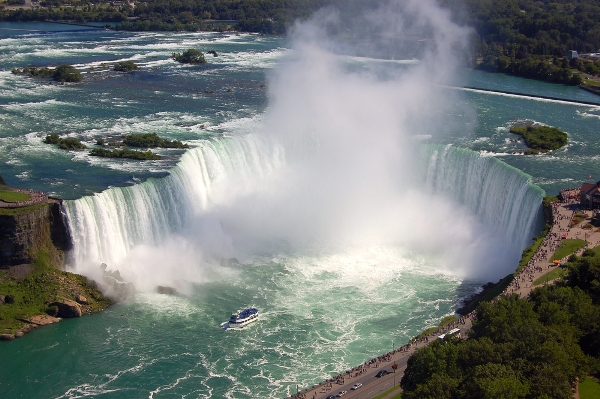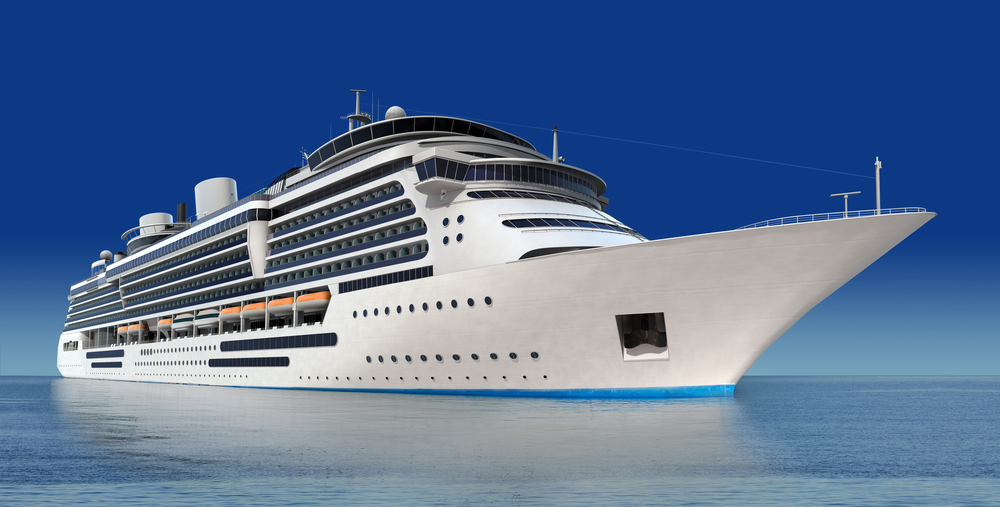Whether you’re heading to the beach, hoping to enjoy a fishing trip with the kids, or you’re visiting the lake this summer and have your heart set on hitting the water with your friends, boating is a fun, exhilarating and family-friendly way to spend a weekend or a holiday.
But, as relaxing and enjoyable as a day on the water can be, you still need to be aware of the risks involved. Circumstances can change in an instant, and you and your fellow crew need to be prepared for any eventuality. The last thing anyone wants is to have their family fun weekend marred by a boating accident, especially one that could have been prevented – click here if you need a boating accident lawyer.
So, with this in mind, I’ve gathered 6 ways you can stay safe on the water and be prepared for a boating emergency.
Take a course
Do you really know how to control and maneuver a boat both effectively and safely? Anyone new to boating should enroll on a boating course so they can understand the basics and keep themselves, everyone onboard and other water users safe. Not only that but building on your knowledge of boats and water will only enhance your experience and make it much more enjoyable.
Check the weather
The weather can change in an instant, and if you’re out in open waters it can prove life-threatening. Always check the weather before you hit the water and make sure you’re following any advice given from lifeguards and water safety officers.
Make a float plan
Ever heard of a float plan? A float plan is the details of your boat, the passengers, crew, details of your journey and your intended itinerary. This document should be created and then given to someone who can pass it onto the authorities should you and your vessel go missing.
Be wary of the propeller
The idea of injuries sustained by a spinning boat propeller just doesn’t bear thinking about. So, make sure everyone is aware of the danger of propeller strikes. Do a headcount before you start the engine to ensure no one is still swimming around the boat. Wear your emergency cut off switch or kill chord at all times, that way if you are thrown from the boat, you lose control or someone is in immediate danger, you can stop the engine and the propeller instantly.
Make sure you have the right safety equipment
Lifejackets should be worn at all times by all passengers. Life jackets that are kept stored away on a boat are useless. You should also have a first aid kit onboard, a whistle, emergency flares, a floatation device that can be thrown into the water, additional lines and a radio. These are the basic emergency equipment requirements; you can, of course, add more items.
Don’t commandeer your boat under the influence
Much like a car, you shouldn’t be driving a boat if you’re drunk or have used drugs. You’re more likely to be involved in an accident or injure someone else.











